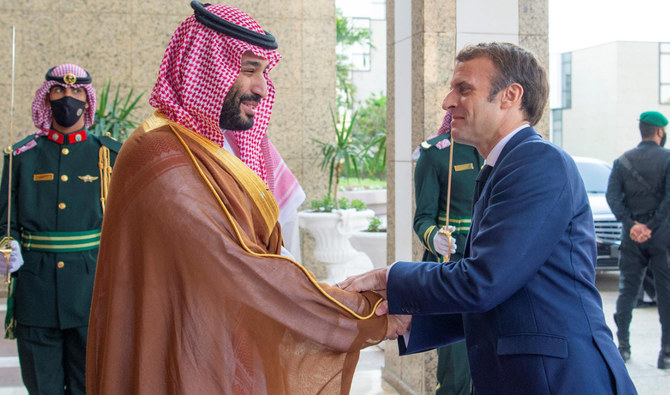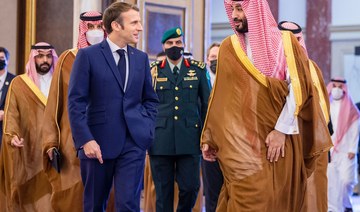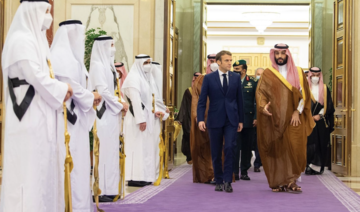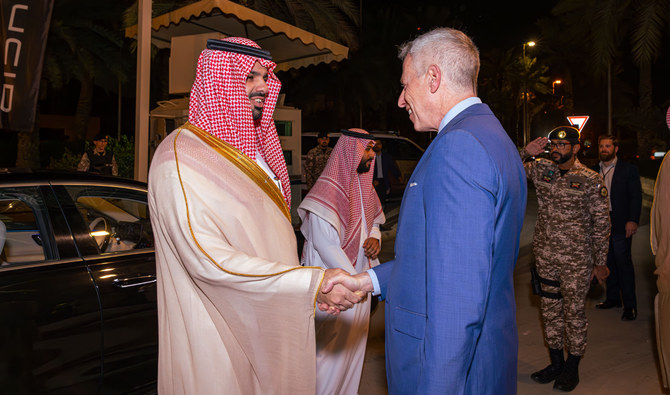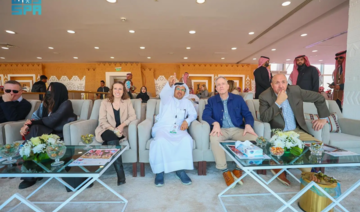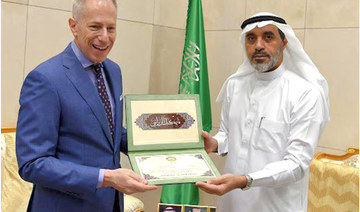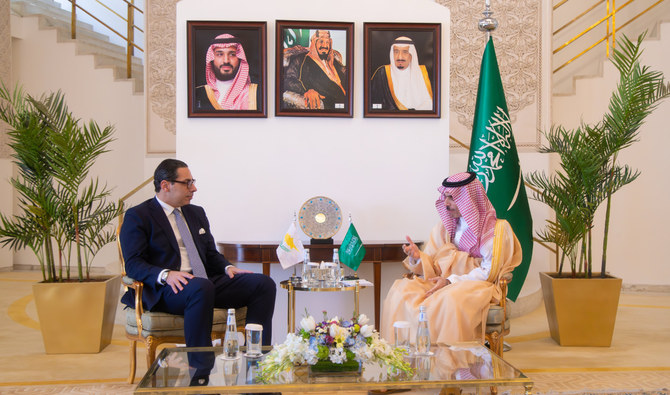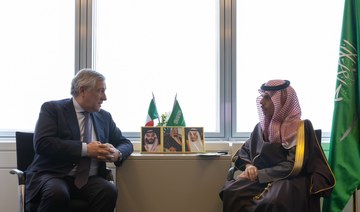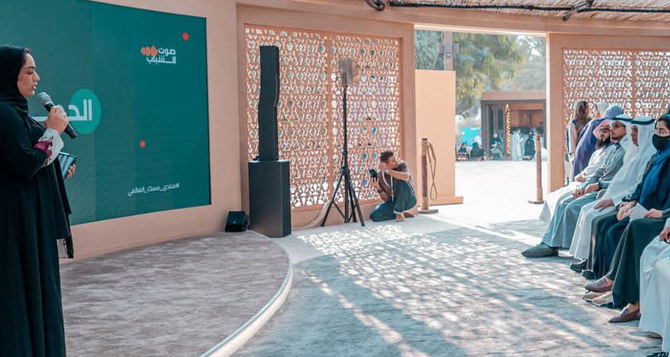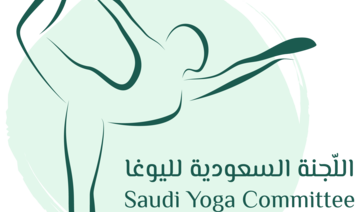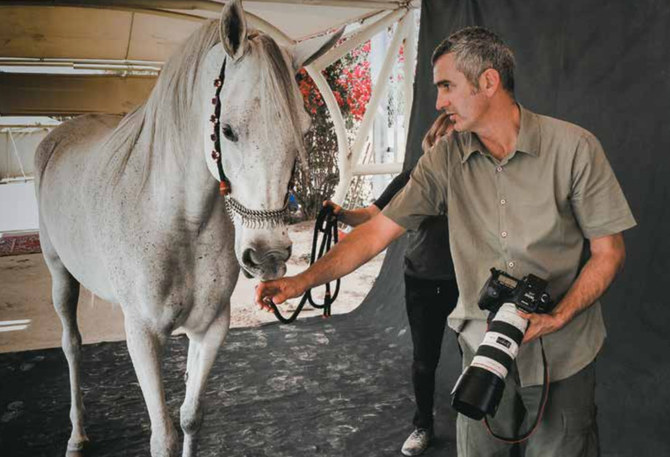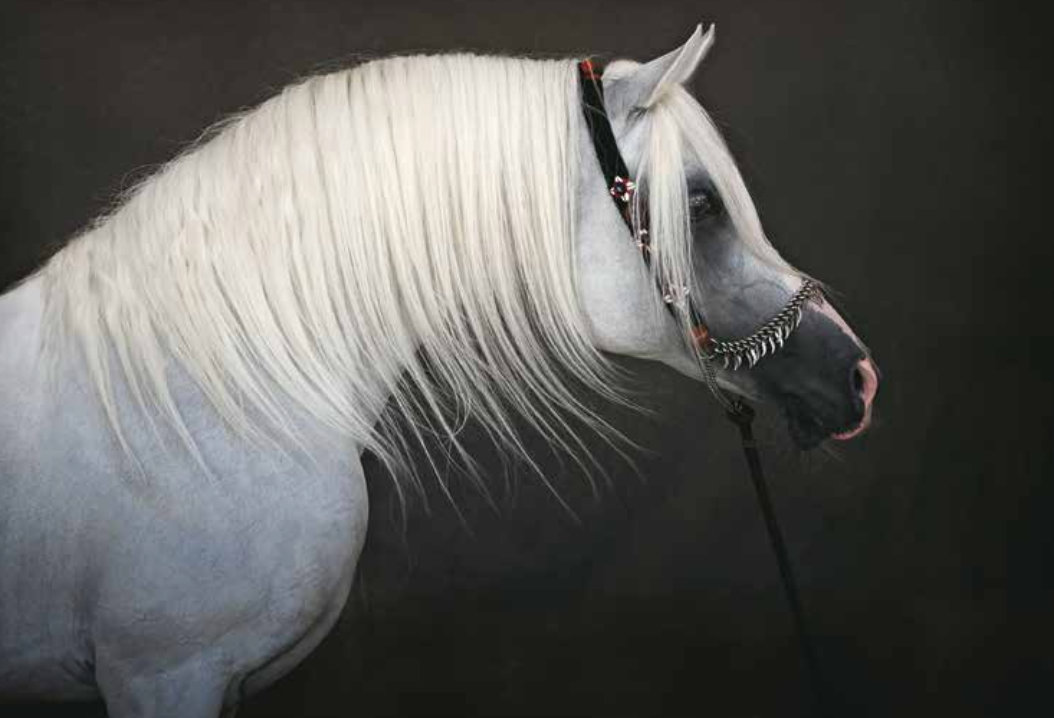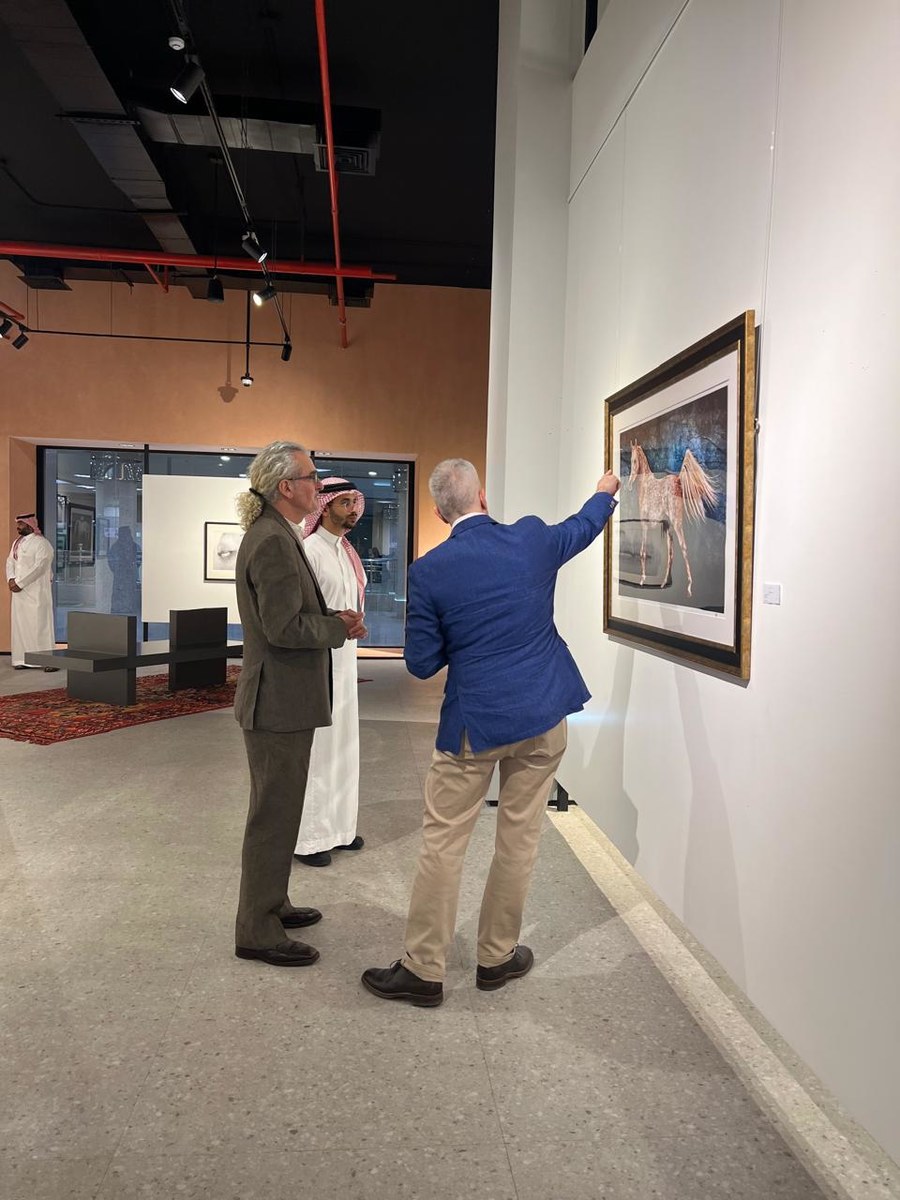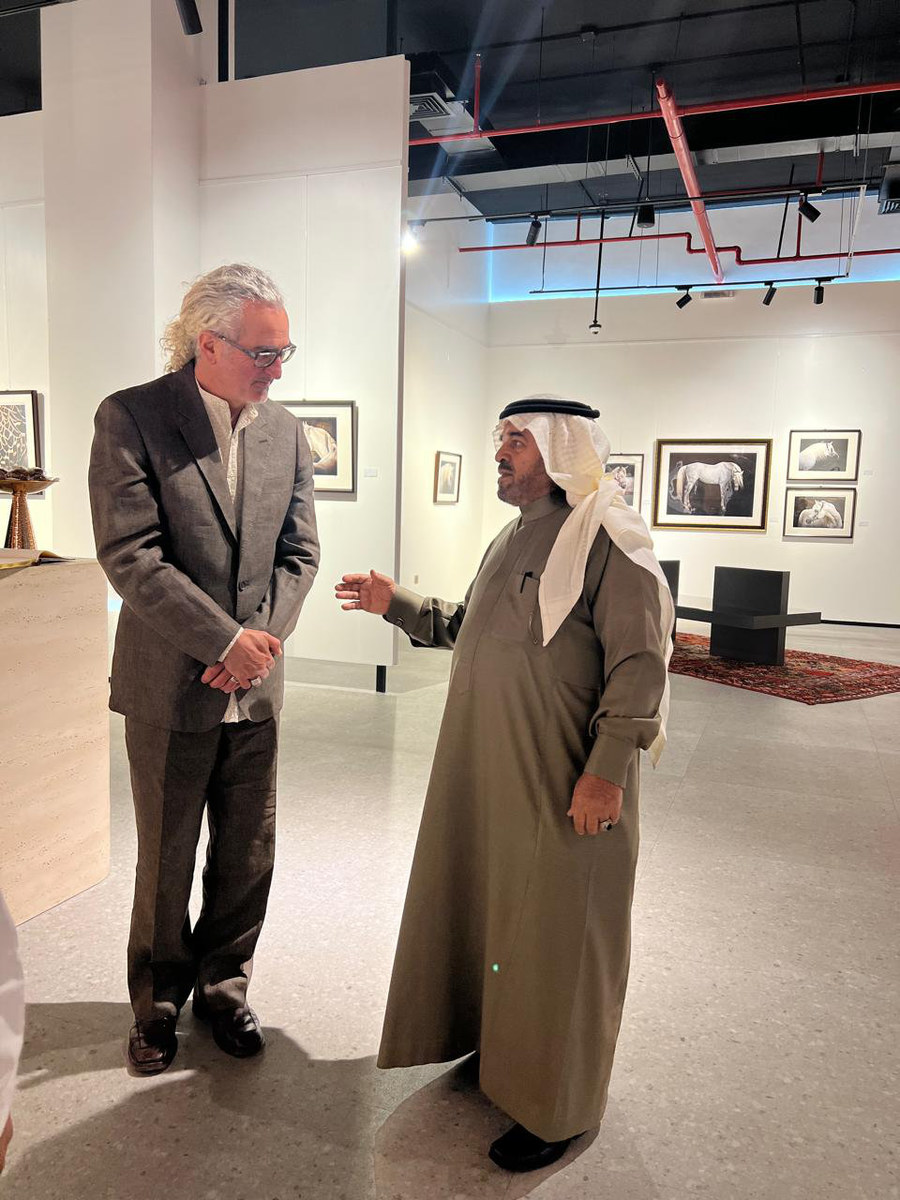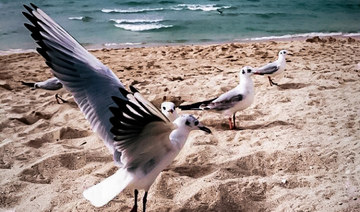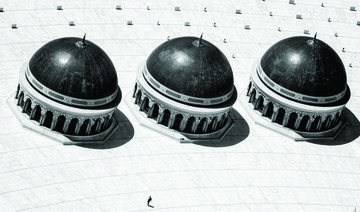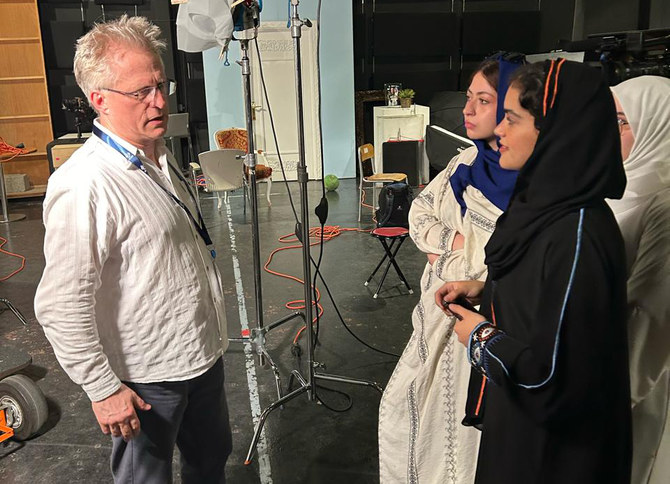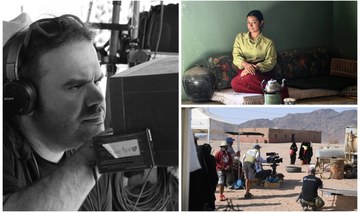JEDDAH: A joint statement covering a wide range of issues and the signing of a slew of agreements were the highlights of a visit to Saudi Arabia by French President Emmanuel Macron during the final leg of a two-day Gulf tour.
The agreements related to economic cooperation were announced by Saudi and French companies on Saturday while Macron held talks with Crown Prince Mohammed bin Salman. The crown prince met Macron at Al-Salam Palace, where they discussed bilateral cooperation and held a telephone call with Lebanon’s Prime Minister Najib Mikati.
The three countries agreed to work together to support comprehensive reforms necessary in Lebanon, according to official reports, which added that Saudi Arabia and France emphasized their keen desire to see security and stability prevail in the country.
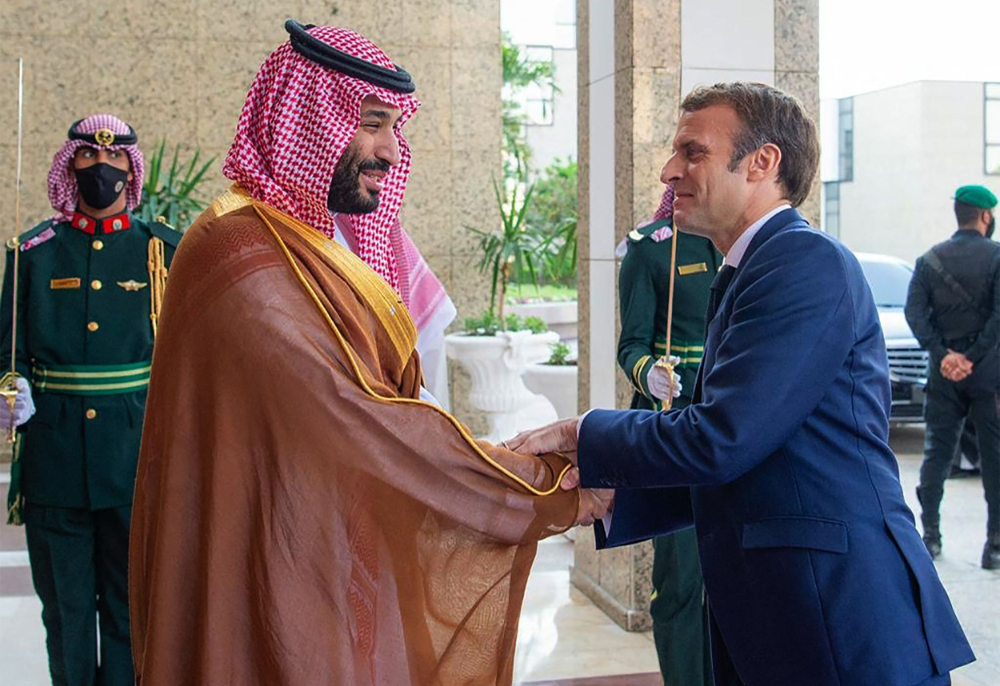
French President Emmanuel Macron met Crown Prince Mohammed bin Salman as the president continued his multi-country tour of the Gulf. (SPA)
“The two sides stressed … that reforms should include the sectors of finance, energy, combating corruption and border control. The two sides also agreed to work with Lebanon to ensure the implementation of these measures,” the joint statement, carried by the Saudi Press Agency (SPA), said.
“They also emphasized the need to limit arms to legitimate institutions of the state, and that Lebanon should not be a launching pad for any terrorist acts that destabilize the security and stability of the region, or a source of drug trafficking.
“They also … agreed to establish a Saudi-French mechanism for humanitarian assistance that ensures complete transparency, and expressed their determination to find appropriate mechanisms in cooperation with friendly countries and allies to alleviate the suffering of the Lebanese people.”

Saudi Arabia and France have committed to enhancing cultural cooperation and exchange across a broad range of cultural fields. (SPA)
On the Israeli-Palestinian conflict, “the two sides reiterated their support for achieving peace in the Middle East, and the importance of reaching a comprehensive settlement … to be based on the two-state solution, the relevant legitimate resolutions and Arab Peace Initiative in a way that ensures the right of the Palestinian people to establish their state on 1967 borders with East Al-Quds (Jerusalem) as its capital, calling, in this context, for an end to the Israeli settlement policy that threatens the two-state solution.”
With regard to Iran, the joint statement said: “The two sides expressed their deep concern over the development of the Iranian nuclear program and the lack of cooperation and transparency with the International Atomic Energy Agency.
INNUMBERS
$4.37bn French direct investment in KSA economy.
“France stressed its determination not to allow Iran to develop or acquire a nuclear weapon. They also agreed on the need to confront Iran's destabilizing activities in the region, including the use and transfer of drones and ballistic missiles that led to attacks on the Kingdom of Saudi Arabia.”
Addressing the Yemen crisis, the statement said “France affirmed its full support for the Saudi peace initiative that was presented on March 22, 2021, and condemned the ballistic missile and drone attacks launched by Houthi militia and affirmed its historical commitment to preserving the security of the Kingdom.”
In other developments on Saturday, Dr. Mohammed bin Saud Al-Tamimi, CEO of the Saudi Space Commission, and Philippe Baptiste, CEO of the French National Center for Space Studies, signed a joint cooperation agreement in the field of the peaceful use of outer space, according to the SPA.
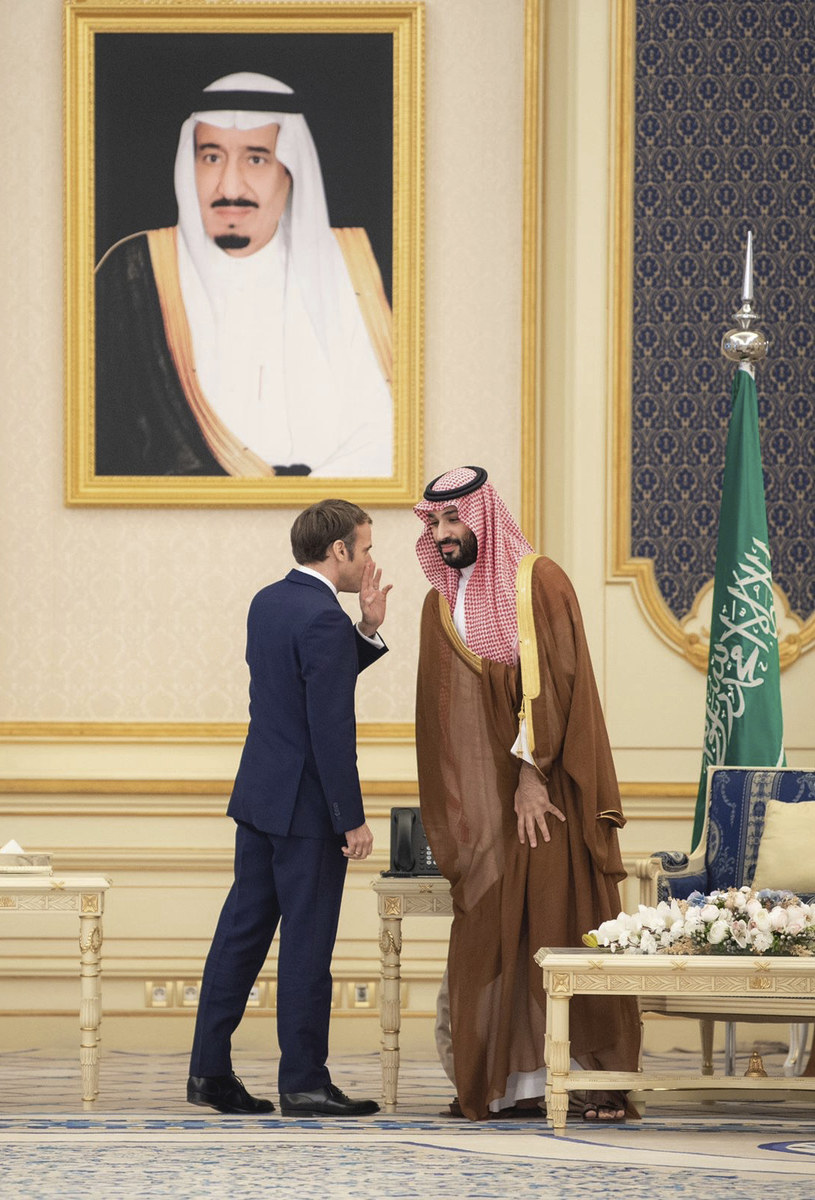
The Saudi Arabia, France and Lebanon agreed to work together to support comprehensive reforms necessary in the mediterranean country. (SPA)
The agreement “aims to provide a framework for cooperation in space activities in the peaceful uses of space, facilitate the exchange of information and technologies, contribute to capacity building and competencies, organize mutual visits and meetings, hold training courses and specialized workshops, as well as the joint cooperation to develop a mechanism for space-based climate monitoring.”
The SPA also reported that a memorandum of understanding was signed on Saturday that cements cultural relations between Saudi Arabia and France. “Coming only weeks after Saudi Minister of Culture Prince Badr bin Farhan Al-Saud met with his French counterpart, Dr. Roselyn Bachelot, in Paris, the MoU is the latest example of strengthening cultural ties between the two countries,” the report said.
It added: “Under the five-year agreement, Saudi Arabia and France have committed to enhancing cultural cooperation and exchange across a broad range of cultural fields, including architecture, audiovisual production, design, film, heritage, literature, performing arts and visual arts.
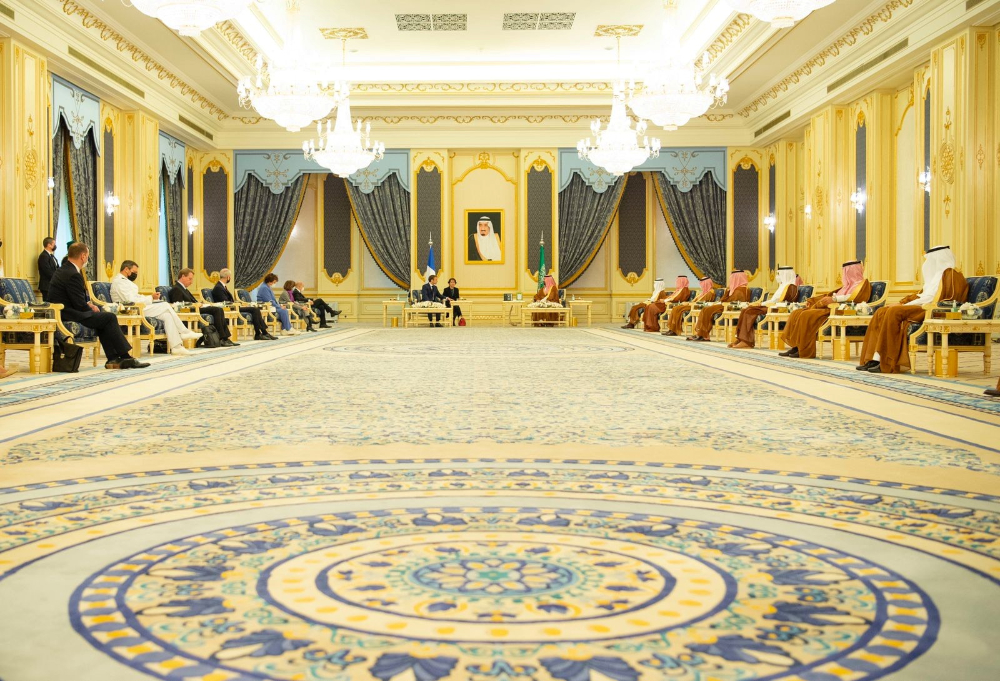
The crown prince met the French president at Al-Salam Palace in Jeddah. (SPA)
“In addition, the MoU will facilitate the two countries to explore cultural regulations and policies. There will also be opportunities to increase the participation of Saudi and French artists in residency exchange programs and strengthen cooperation between artists and cultural institutions in both countries.”
The SPA said that a separate agreement to enhance tourism cooperation between the two countries was co-signed by Ahmed Al-Khateeb, the Saudi tourism minister, and Franck Riester, the French minister delegate for foreign trade and economic attractiveness.
It quoted Al-Khateeb as saying: "France, through its knowledge and experience, will help the Kingdom in developing its tourism activity to attract investments with a cost of $810 billion, which will provide the country with tourism opportunities outside the Hajj season. The Kingdom is expected to have new investment opportunities with a cost of $6 trillion by 2030, and this is a matter of excitement.”



